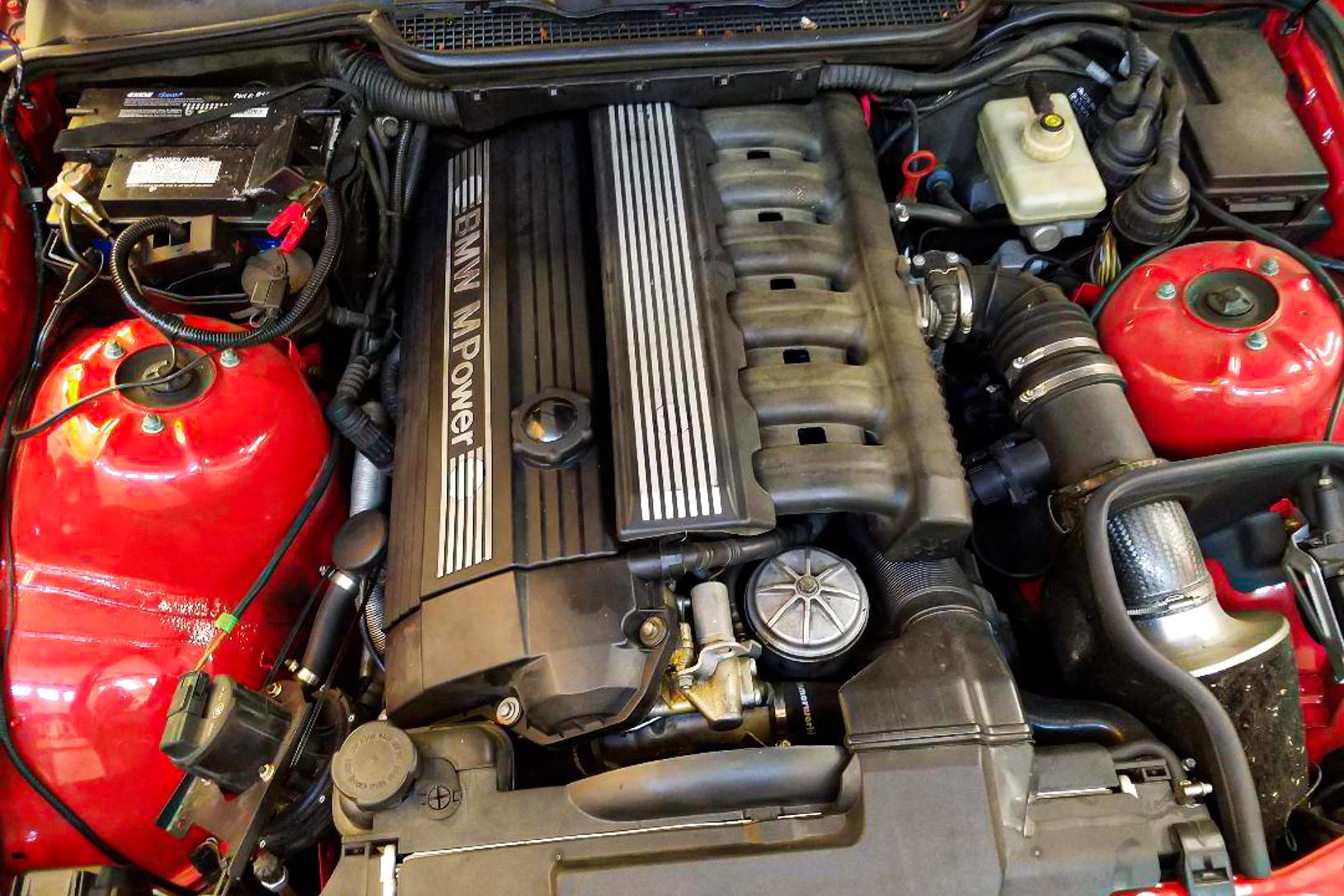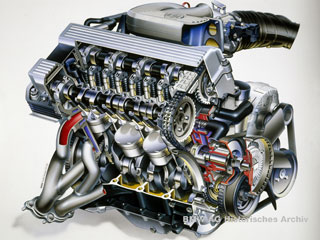Preserving Your BMW 318ti: Crucial Tips for Long Life
Preserving Your BMW 318ti: Crucial Tips for Long Life
Blog Article
Essential Factors To Consider for Choosing the most effective Engine for Your Demands
In the world of picking the suitable engine to fulfill your needs, a number of vital variables need careful consideration to ensure optimum efficiency and performance. From the nuanced equilibrium in between power and efficiency to the often-overlooked elements of maintenance and solution requirements, each element plays a pivotal function in figuring out the most suitable engine for your particular requirements.
Power and Performance
When reviewing engines for ideal efficiency, it is critical to prioritize both power output and efficiency. Power outcome determines the ability of an engine to generate energy, which directly impacts its efficiency. A high power output is essential for demanding jobs such as high-speed needs or heavy-duty applications. It ensures that the engine can manage the workload successfully and efficiently. Nonetheless, power alone is not sufficient; effectiveness plays a substantial duty in figuring out the general efficiency of an engine. Effectiveness describes how well the engine transforms fuel right into functional power. An extra efficient engine will deliver much better mileage, reduced emissions, and reduced operating prices. Striking the ideal balance in between power output and performance is crucial to choosing an engine that satisfies your particular requirements. When making this decision, it is crucial to think about variables such as the meant usage of the engine, environmental effect, and long-term expense effects. By very carefully assessing both power and performance, you can choose an engine that provides optimum performance and satisfies your needs efficiently.
Gas Performance and Economy
Gas performance refers to the engine's capacity to convert fuel into energy with marginal waste, straight impacting operating costs and environmental sustainability. Engines with greater fuel performance not just decrease fuel expenses however additionally decrease carbon emissions, adding to a greener procedure.

Compatibility and Application
Considering the fuel performance and economic climate of an engine, the following vital facet to address is its compatibility and application within particular functional contexts. Compatibility refers to just how well the engine integrates with the general system or devices it powers.
Furthermore, the application of the engine is similarly vital. Various engines are created for certain objectives, whether it be commercial machinery, marine vessels, cars, or power generators. Recognizing the intended application permits the choice of an engine that can provide the necessary power output, torque, and operational qualities. A high-revving engine find out here now designed for efficiency autos would not be ideal for sturdy building and construction tools that calls for high torque at low speeds.
Upkeep and Solution Requirements
Maintenance and solution demands play a vital duty in making sure the durability and optimal efficiency of an engine. Regular maintenance is vital to protect against malfunctions, prolong the life expectancy of the engine, and keep its efficiency. When picking an engine, it is very important to take into consideration the producer's suggested upkeep timetable and the accessibility of service centers or certified service technicians.
Factors such as the regularity of oil changes, filter replacements, and total assessments can considerably affect the engine's performance. Some engines may require more constant Visit Your URL servicing based upon their style and usage, while others may have longer intervals in between upkeep checks. It is vital to stick to these solution needs to stay clear of costly repair work and unforeseen downtime.

Expense and Spending Plan Factors To Consider
When selecting an engine for a certain application,Budget plan restrictions often play a considerable role in the decision-making process. When considering the price and budget effects of picking an engine, it is necessary to analyze not only the initial purchase cost however likewise the long-term expenditures related to upkeep, fuel usage, and potential upgrades or repair services. It is essential to strike an equilibrium between the in advance price of the engine and its general lifecycle prices to ensure that the chosen engine stays financially lasting throughout its operational life-span.
Aspects such as gas reliability, toughness, and efficiency can directly affect the complete price of ownership of an engine. While a much more expensive engine may have greater ahead of time prices, it can possibly result in lower maintenance and fuel expenditures over time, hence supplying better worth in the long run.
Verdict
Gas performance refers to the engine's ability to transform gas into energy with marginal waste, directly affecting operating prices and ecological sustainability.Elements influencing gas performance include engine design, burning performance, and overall performance optimization. Furthermore, picking the suitable fuel kind and quality as recommended by the engine maker can further enhance performance and prolong engine life-span.
Engines with great utility functions and Extra resources conveniently available components can lower maintenance prices and decrease the time the engine is out of operation - bmw 318ti. It is important to strike a balance between the in advance expense of the engine and its general lifecycle expenses to make sure that the picked engine continues to be monetarily lasting throughout its functional life expectancy
Report this page